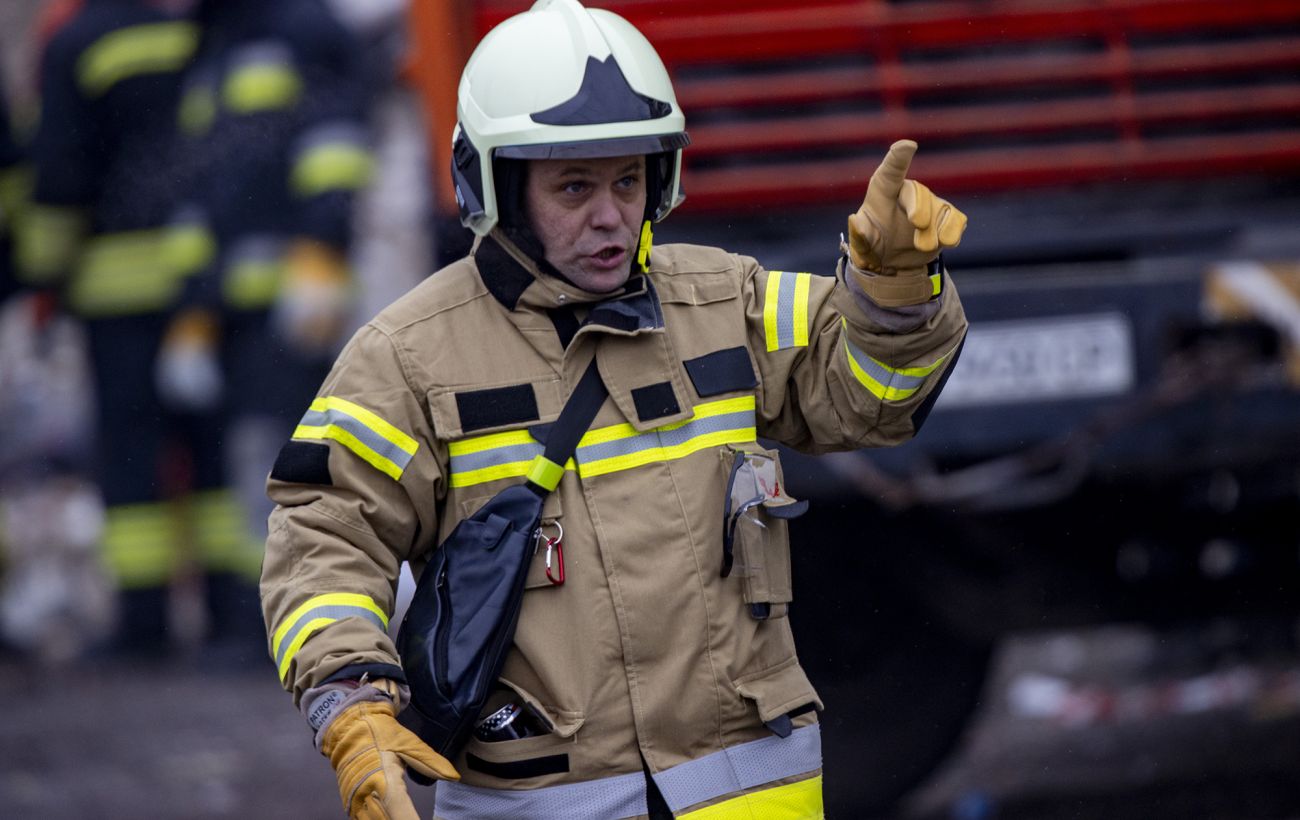di Shore Surme –
As victims of the war between Israel and Hamas increase and global pressure to ease the violence grows, international mediators are launching proposals for a new ceasefire. However, both sides have posed seemingly unacceptable conditions, leading diplomats to believe that an agreement on a lasting truce remains distant.
In late November, a week-long ceasefire saw Hamas release more than 100 hostages kidnapped in the October 7 attack on Israel. In turn, Israel freed around 240 Palestinian prisoners and detainees and allowed additional humanitarian aid into Gaza. The mediators, meeting in Qatar, hoped the pause would lay the groundwork for an end to the fighting.
But the truce has expired and Israeli forces have escalated the war, which military officials say could last “many more months” to achieve its goal of dismantling Hamas.
The fear today is that the conflict could spread, with the interest of the Lebanese armed group Hezbollah and the Houthi militants of Yemen, who are engaged in attacks against Red Sea ships bound for or coming from Israel. US forces are bombing Iranian targets in Syria and Iraq.
More than 20,000 Palestinians have now been killed in Gaza, including thousands of children.
The number of Israeli soldiers killed in Gaza is unknown, presumably around 500, a figure obtained by cross-referencing various information and which is further shaking Israeli public opinion.
Israel’s position therefore remains firm, but unofficial sources have revealed that there are various mediation proposals on the government table, including the Egyptian one.
In an article published Monday in the Wall Street Journal, Israeli Prime Minister Benjamin Netanyahu reiterated his position that Hamas must be destroyed and Gaza demilitarized, a position that appears to rule out any role for the party in post-war Gaza.
However, the prime minister himself is under growing domestic pressure, intensifying with the mistaken killing of three Israeli prisoners in Gaza City this month.
Hamas, in public statements, appears to reject any agreement to release the remaining hostages if it does not result in a sustainable end to hostilities. In an interview with The New York Times on Wednesday, Zaher Jabareen, a member of the group’s political leadership, said the first step should be to stop the killing of people in Gaza.
“Our position, which we have communicated to all parties, is that we call for a full ceasefire before we talk about other issues,” he said.
Several countries, including Egypt, had put forward proposals, but details could not be discussed, Jabareen added.
Since the war began, both sides have made uncompromising statements in public, although talks have continued unofficially, often through the Qatari government, which brokered the November truce. Despite belligerent statements by some Israeli officials, the government has said it intends to move to a less intense phase of fighting, after repeated pressure from the United States, its strongest ally, to reduce fighting and limit damage to civilians.
Ron Dermer, a top adviser to Netanyahu, traveled to Washington on Tuesday and met with Jake Sullivan, President Biden’s national security adviser, and Secretary of State Antony J. Blinken. A White House official said the talks were about moving toward a different phase of the war to “maximize focus on high-value Hamas targets,” efforts to free the remaining hostages and “planning for the day after ” the war, a reference to how Gaza will be governed once the fighting is over.


